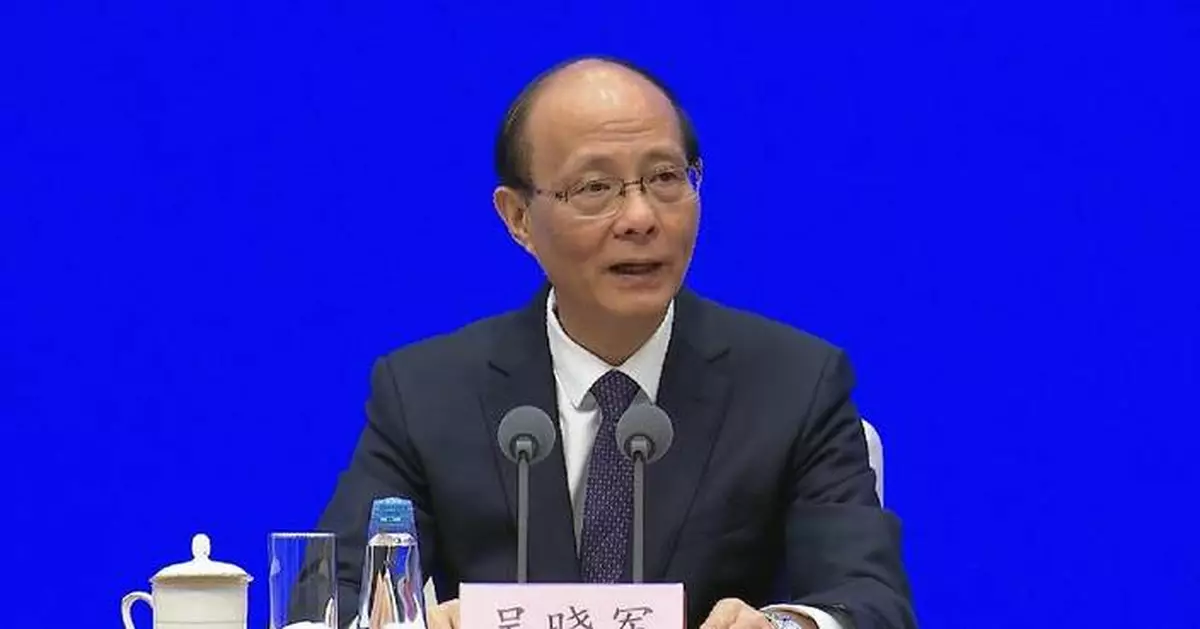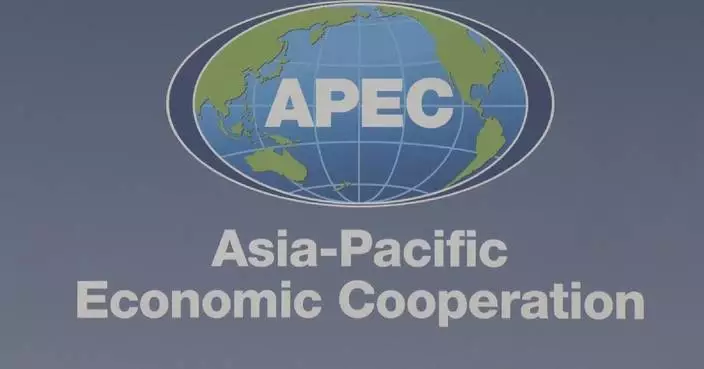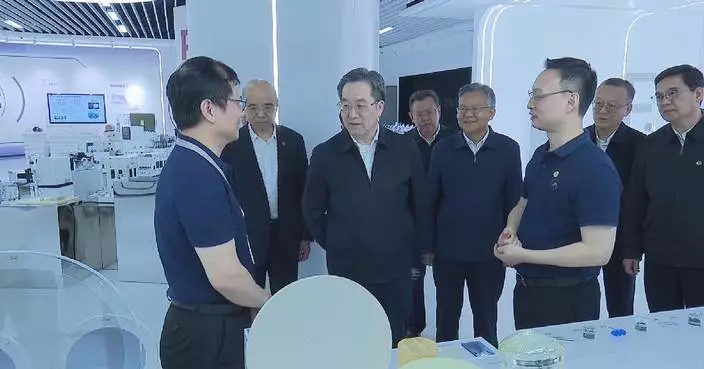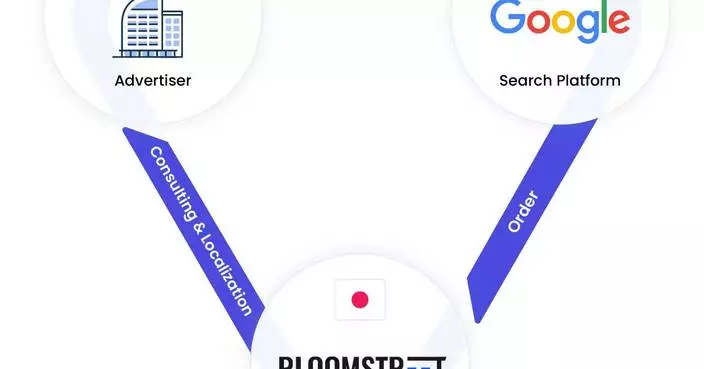Northwest China's Qinghai Province is gaining steam in turning its abundant natural resources into growth drivers while speeding up ecological preservation and building a green and low-carbon modern industrial system, according to the provincial governor.
Qinghai is rich in resources with its potassium salt, magnesium salt and lithium salt accounting for more than 80 percent of the national reserves.
Its hydropower resource ranks fifth nationwide, annual total solar radiation at the second place of China, and a wind farm being the fourth biggest of the country.
Relying on the unique high-altitude resources, Qinghai has been forging itself into a first-rate salt lake industrial base, a national clean energy industry highland, an international ecotourism destination, and an export destination of organic agricultural and livestock products.
"In terms of building a world-class industrial base of salt lake, we've conquered multiple world-level technical cruxes, codified 10 national and industrial standards, shaping industrial clusters in potassium, sodium, magnesium and chlorine. In 2023, the production value of salt lake sector reached over 58 billion yuan (about 8.01 billion U.S. dollars), with potash fertilizer taking up 77 percent of the total nationwide. With these achievements, Qinghai has made its due contribution to China's food security, and development of new energy and new materials," said Wu Xiaojun, governor of Qinghai Province, at a press conference in Beijing on Friday.
Qinghai's installed clean energy capacity has topped 51 million kilowatts, taking up 93 percent of the national total. While its installed capacity of new energy has exceeded 38 million kilowatts, which is 69 percent of the total.
Meanwhile, it already has a relatively complete industrial chain for photovoltaic manufacturing.
In 2023, the province's export volume of solar cells doubled and that of its lithium batteries more than tripled.
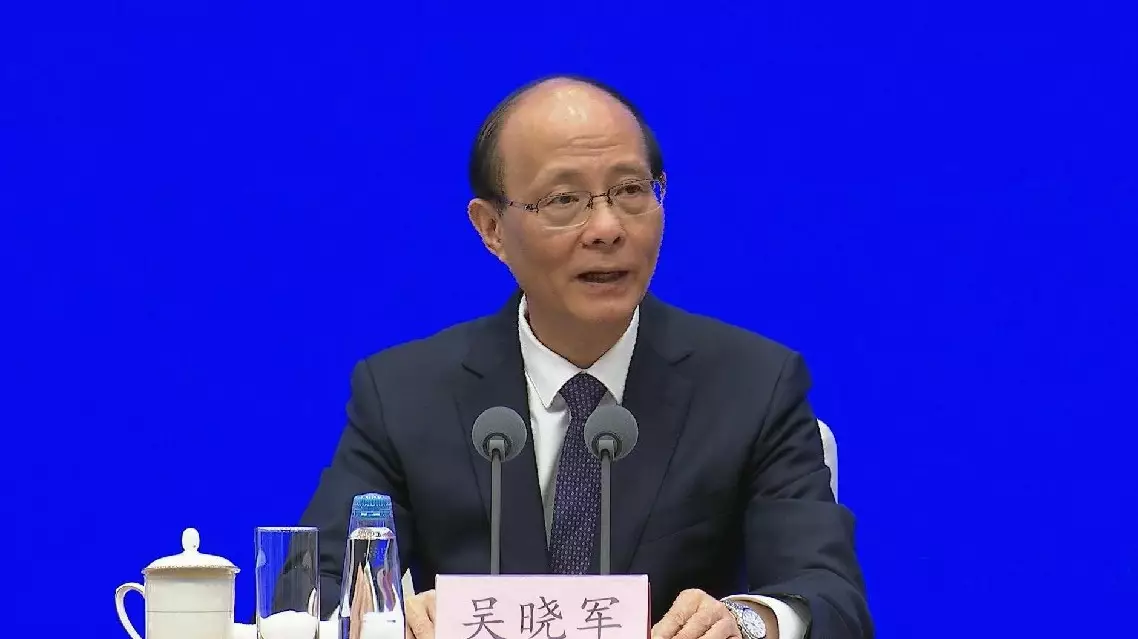
Qinghai turning rich resources into growth drivers: governor


